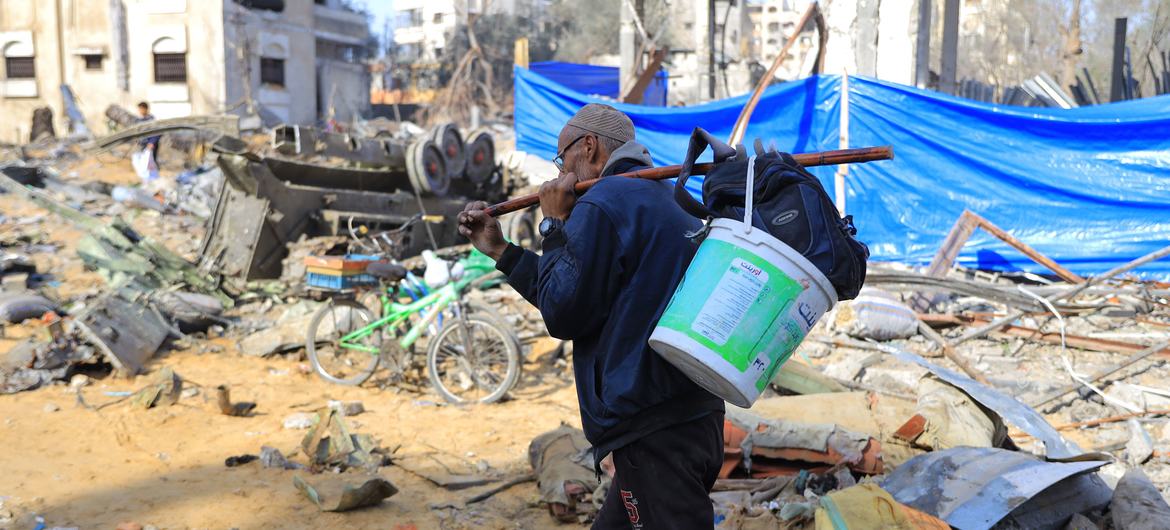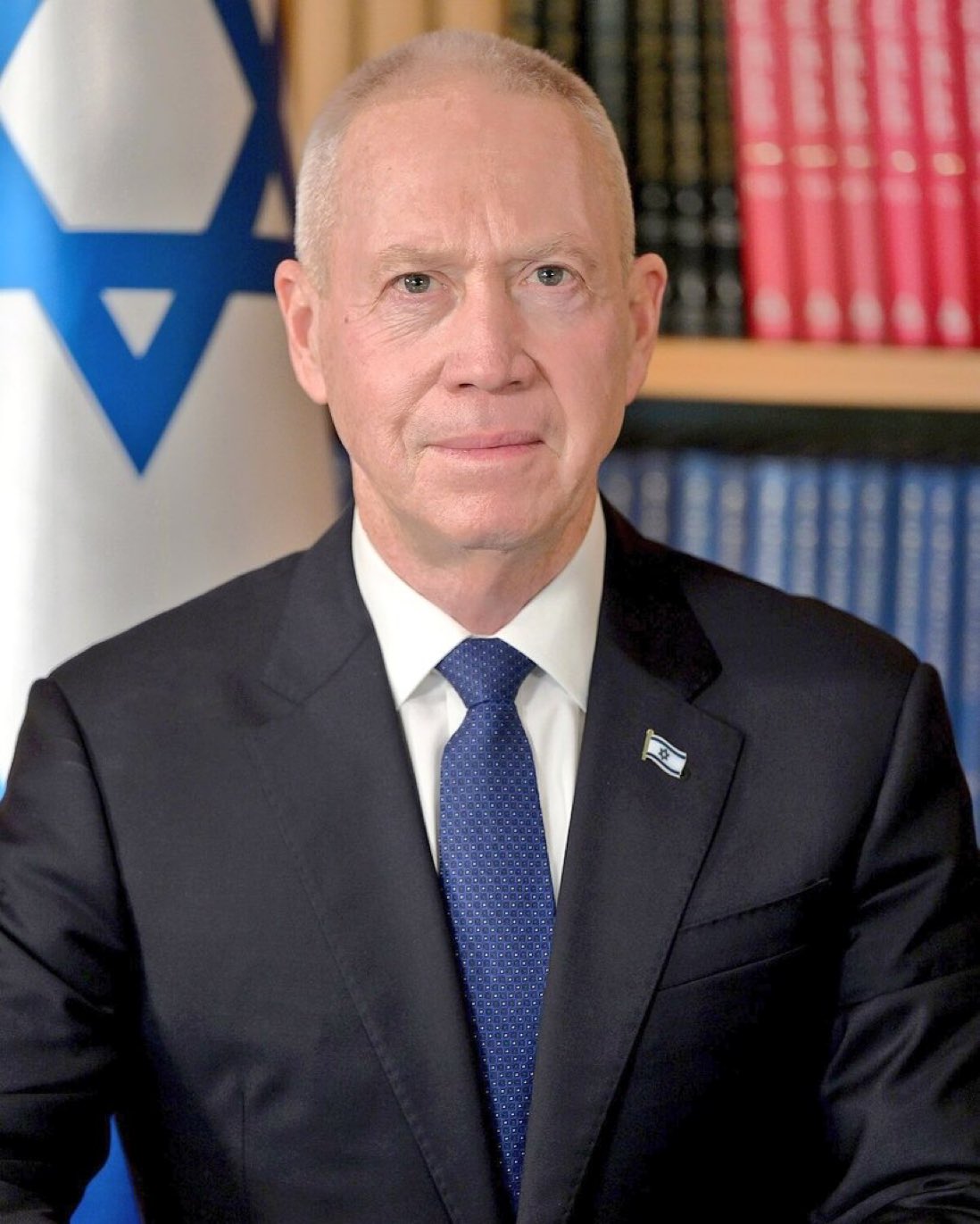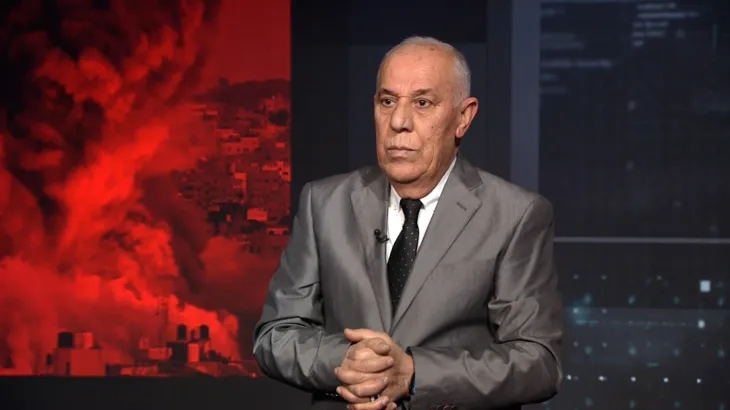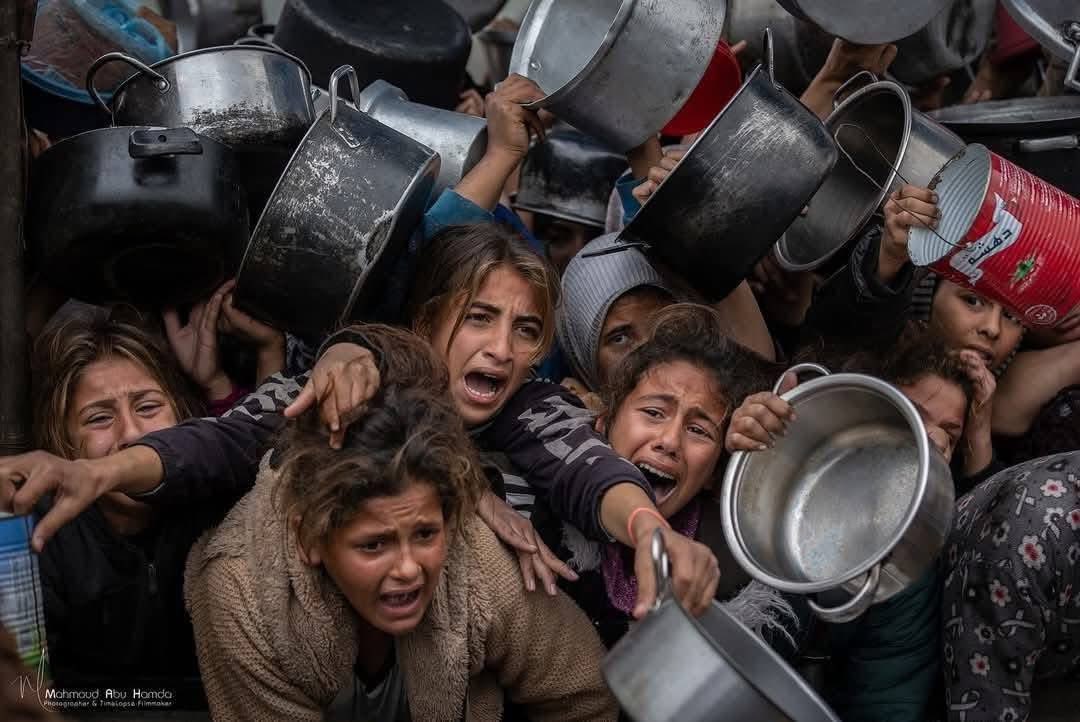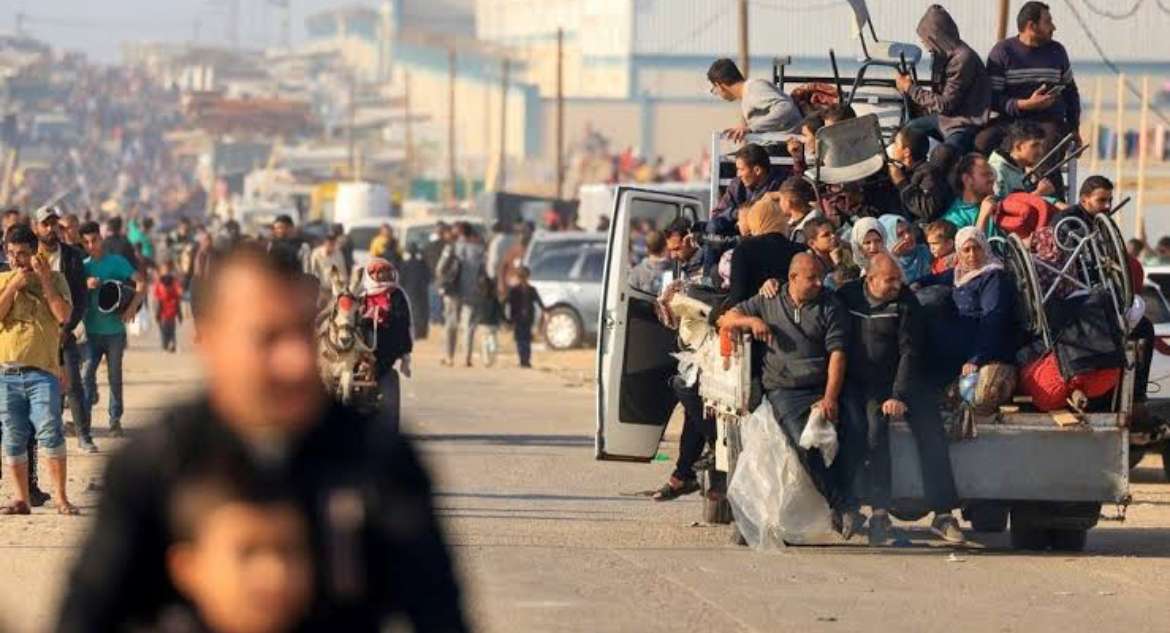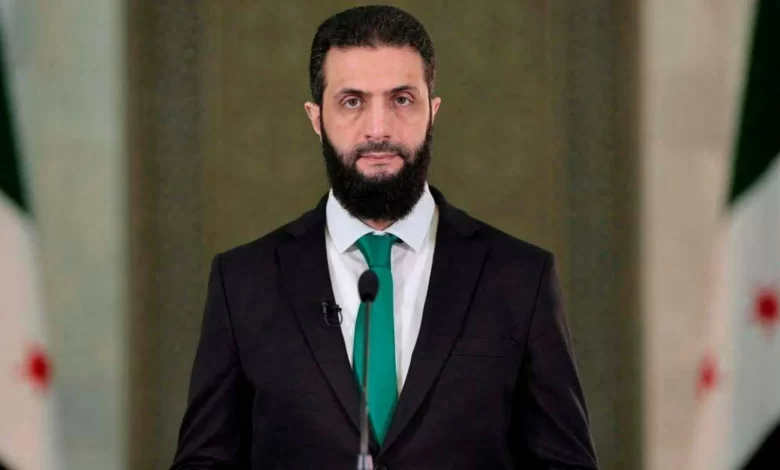
Syrian President Ahmed Al-Sharaa ruled out any near-term normalization deal with Israel, citing its continued occupation of the Golan Heights.
In an interview with The Economist, Al-Sharaa stressed that Syria seeks peaceful relations with all countries. However, he noted that Israel’s presence in the region remains a major obstacle. “There is great sensitivity regarding the Israeli matter, especially after the big wars and their occupation of the Golan since 1967,” he said. Al-Sharaa made no mention of Israel’s genocide in Gaza.
Ahmed Al-Sharaa also addressed US and Israeli military activities in Syria. He reaffirmed Syria’s commitment to the 1974 disengagement agreement with the occupation state, mediated by the UN. He called on Israeli forces to withdraw to pre-advancement positions to allow the UN peacekeeping force (UNDOF) to operate in the buffer zone.
Regarding US troops in Syria, Al-Sharaa asserted that any foreign military presence must be based on official agreements. “We are reassessing the Russian military presence, and we might reach an agreement or not. But any presence should have the host state’s approval,” he explained.
The Syrian president reiterated that international pressure is mounting against Israel’s recent military actions. “There is near-unanimous agreement that this advancement is not right,” he said.
While Al-Sharaa did not rule out future discussions, he emphasized that Syria is still prioritizing internal recovery. “We entered Damascus only two months ago, and there are many priorities ahead of us. It is too early to discuss such matters,” he concluded according to the Quds News Network.

